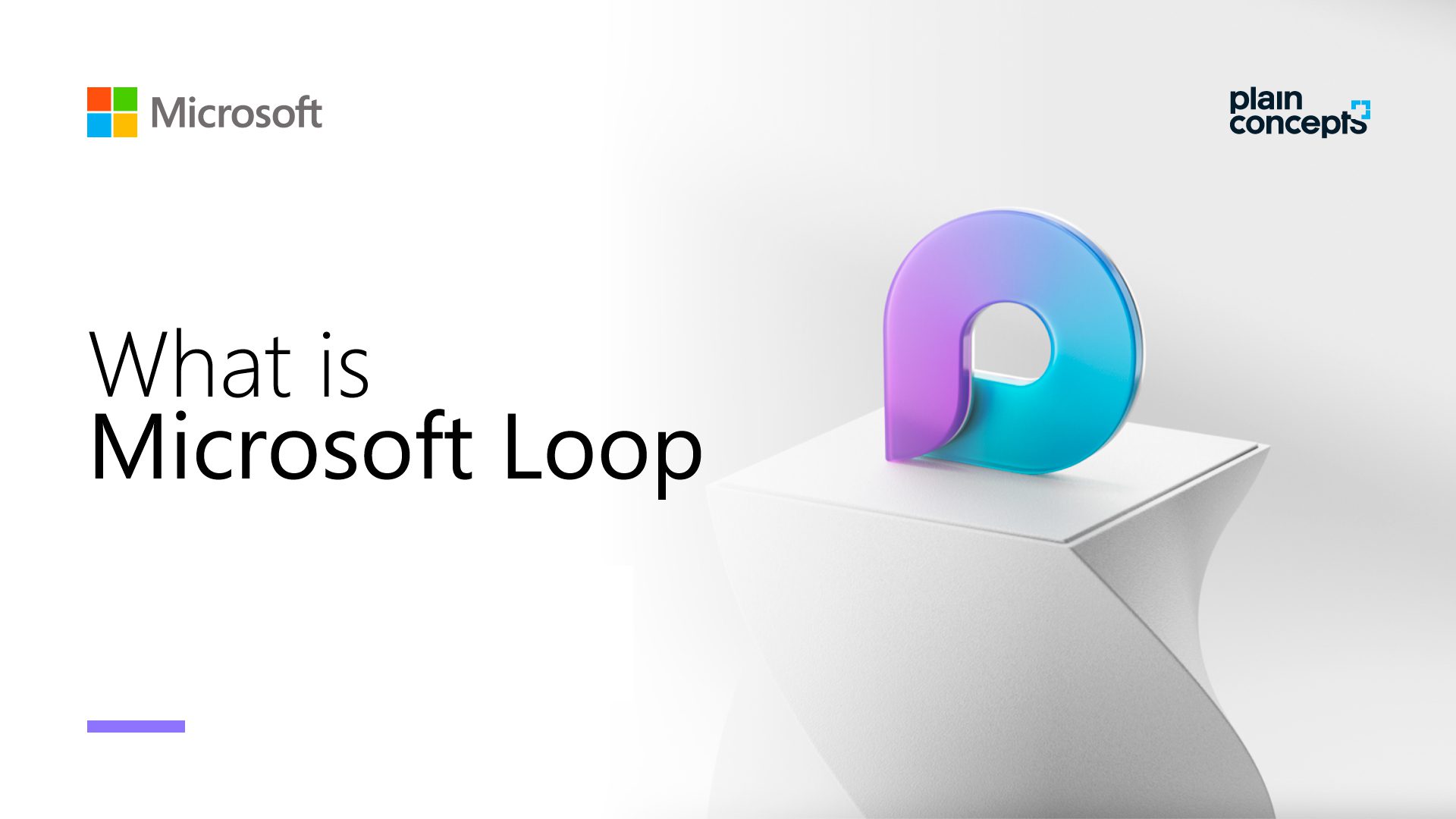Parafrasea y traduce esto al castellano: Activision Blizzard now officially belongs to Microsoft

Parafrasea, extiende, elimina cualquier referencia a engadget, traduce al castellano y añade cabeceras
donde haga falta. El resultado debe de estar en castellano. A partir de ahora el contenido sobre el que hacer lo solicitado:
The biggest acquisition in gaming history and one of the largest in the tech industry is in the books. Twenty months after the deal was announced, Microsoft has bought Activision Blizzard for $68.7 billion, the largest acquisition in the company’s history. CEO of Microsoft Gaming Phil Spencer has asked Activision CEO Bobby Kotick to stay on until the end of 2023, at which point he’ll be leaving the company. It’s been a long road filled with plenty of twists and turns to get to this point.
The UK’s Competition and Markets Authority (CMA) initially blocked the deal in April, though it and the companies agreed to pause Microsoft’s appeal to try and resolve the regulator’s reservations over the merger’s impact on the cloud gaming industry. An appeal tribunal approved a request to delay the proceedings.
In an attempt to win over the UK regulator, Microsoft agreed to sell the cloud gaming rights for Activision Blizzard titles to Ubisoft. That means that not only should Activision Blizzard’s games be on Xbox Game Pass, but they’ll land on Ubisoft+ and any other game-streaming service Ubisoft decides to work with. Concerns about competition in the cloud gaming market was the CMA’s reasoning for initially blocking Microsoft’s takeover of Activision, but the watchdog said in September that the Ubisoft concession «opens the door to the deal being cleared.» A few weeks later, the CMA has rubberstamped the merger.
Microsoft also signed 10-year agreements with Nintendo and several cloud-gaming companies to offer its titles on their platforms. Those moves led to the European Union giving the merger the green light. The bloc’s competition officials reportedly didn’t see anything in the amended merger agreement (with the Ubisoft plan factored in) that would prompt a fresh antitrust investigation.
The Federal Trade Commission’s attempts to stop the deal over competition concerns haven’t panned out. The agency sued to block it in December and an evidentiary hearing in that case was slated to take place on August 2nd. The FTC tried to temporarily block the merger with a preliminary injunction ahead of its administrative trial, but a judge denied that effort.
The FTC still plans to challenge the merger. If that effort is successful, Microsoft could be forced to divest some or all of Activision Blizzard.
But for now, the deal is done. It means, among other things, that Activision Blizzard titles will be available on cloud gaming platforms for the first time since the publisher pulled its titles from GeForce Now in early 2020. Its games will surely join Game Pass in the very near future, including on Xbox Cloud Gaming, and they’ll pop up on Ubisoft+ and other platforms Ubisoft works with.
Those waiting for Activision Blizzard’s two biggest games of 2023 to hit Game Pass will certainly need to remain patient, though. The publisher has said Call of Duty: Modern Warfare III and Diablo IV won’t hit the service until next year.
Meanwhile, Blizzard games are already coming to Steam rather than being siloed on the Battle.net launcher. We’ll probably see them appearing on Xbox’s PC app too. For what it’s worth, in court filings, Microsoft called Activision’s strategy of releasing PC versions of Call of Duty titles exclusively on Battle.net in a bid to grow the platform a «resounding failure.»
ASSOCIATED PRESS
One of the key reasons Microsoft gave for pursuing the deal was to accelerate its aim of becoming a major player in the mobile gaming market. With Activision Blizzard pulling in $1.9 billion in mobile revenue in the first six months of 2023 alone, it will achieve that goal practically overnight.
King, which is behind the hugely successful Candy Crush franchise, generated more revenue ($1.49 billion) than Activision ($1.15 billion) in the first half of this year. Thanks largely to the massive success of Diablo IV, Blizzard brought in the most of the three units during that period with a hair over $1.5 billion. Still, King had 238 million monthly active users as of June 30th, just over twice as many as Activision and Blizzard combined. It recently emerged that Candy Crush Saga has generated over $20 billion in lifetime revenue.
Blizzard has also been making a push into mobile gaming with the likes of Diablo Immortal. Activision, meanwhile, has Call of Duty Mobile in its portfolio and Call of Duty: Warzone Mobile is on the way. The company said in its most recent earnings report Call of Duty has around 90 million monthly players, «with over half of all engagement on the mobile platform.»
As for exclusivity of future projects, Microsoft Gaming CEO Phil Spencer has promised to «do whatever it takes» to keep shipping Call of Duty games on PlayStation. After months of refusing to do so, Sony eventually signed a 10-year pact just before the initial merger deadline of July 18th to keep that particular franchise on PlayStation, conceding defeat in its efforts to halt the acquisition. However, Microsoft will likely opt to keep other Activision Blizzard games off of PlayStation platforms, as it has done with ZeniMax/Bethesda titles Redfall and Starfield, as well as MachineGames’ upcoming Indiana Jones project.
Meanwhile, many observers hope that Microsoft will help stamp out the alleged toxic workplace culture at Activision Blizzard. Earlier this year, Activision Blizzard paid $35 million to settle SEC charges related to how it handled employees’ workplace misconduct complaints.
In 2021, the California Civil Rights Department (formerly the Department of Fair Employment and Housing) sued the company and accused it of fostering a «frat boy» culture in which female employees were harassed and discriminated against. Activision Blizzard countersued the CRD in December. The case hasn’t been resolved. In fact, the CRD’s lawsuit (which, along with other events, sent Activision’s stock tumbling) set the ball rolling on Microsoft’s acquisition of the company in the first place.










